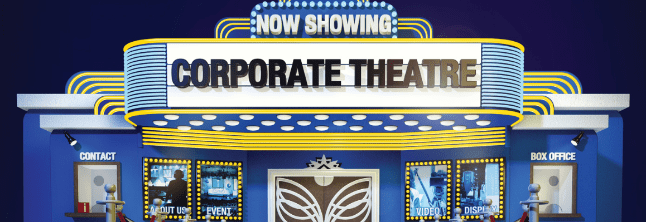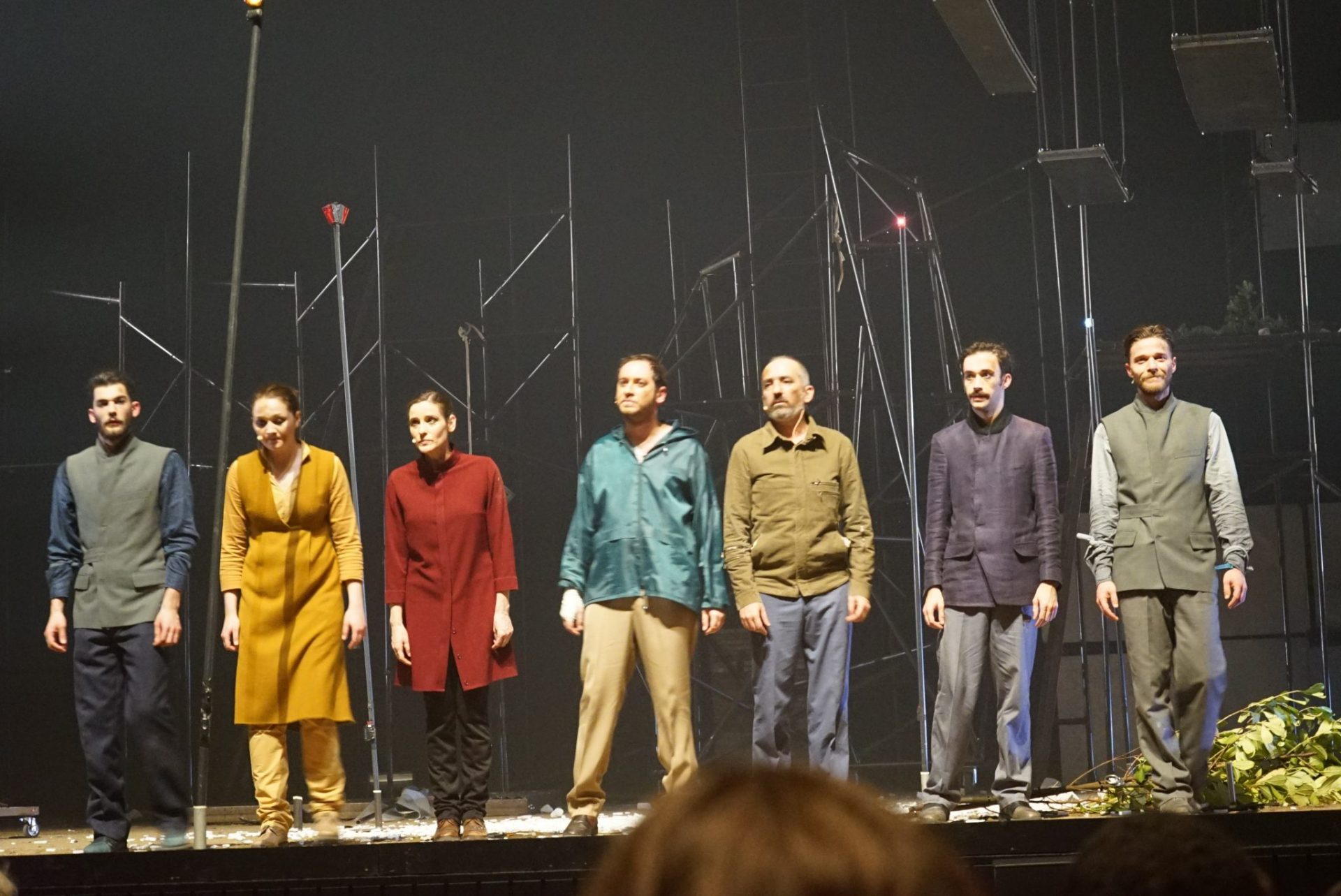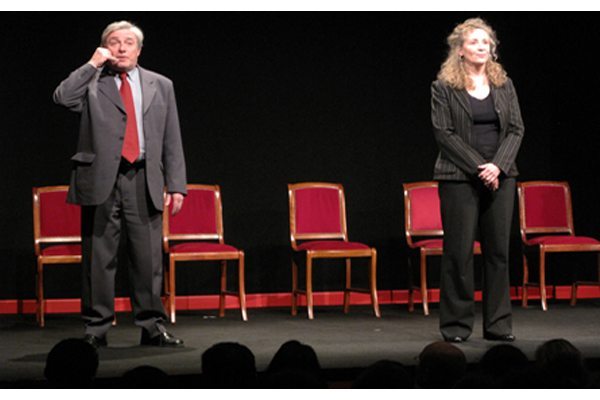Some time ago, I did a “CorporateTheatre” Power Team Dynamics workshop with the leadership team of a hospital group. They were a senior, experienced, and highly qualified bunch from various speciality groups like medicine, bio-medical engineering, finance, administration, HR, etc. In the second half of the workshop, the group was divided into 3 teams to compete in a theatre-based contest. This exercise is designed to facilitate deep experiential learning in areas like bonding instantly into changing teams, role adaptability and alignment, creative communication, situational leadership, dealing with failure, and recognising star performance without diluting the team instinct for collective success.

Source: LinkedIn
Towards the end of the contest, after going through increasing levels of challenge that put the teams under immense pressure, they were ranked as first, second, and third. After going through five rounds of competition, the difference in the scores between the first team with a score of 500, and and third team with a score of 415 points, stood at 85. At this point, I announced a ‘killer’ round of 500 points which could override the ranking that had been established thus far. I also warned the group that the level of difficulty in this ‘killer’ round was extremely high, in fact, ‘almost impossible’.
At this point, something remarkable happened, an incident that showcases the immense possibility of team members to complement each other with complete acceptance of each other’s weak areas and recognition of each other’s strengths.
In the team ranked second, there was one person who had lost points for his team several times in the preceding rounds because of his inability to grasp what the lead actor was doing and to align his role accordingly as was required by the game. He understood that if he did not get it right in the killer around, it would severely disrupt his team’s chances of winning the contest. He told the team,
“Look, I am unable to grasp what is happening from your actions, whereas you guys seem to be better at it. Let me go as the lead actor for the killer round, so that I can perform and you people can understand and respond as needed. This may give us a chance to win.”
The team discussed this for a minute or two. They had had no indication so far of this person’s performance calibre. All the same, seeing his commitment to take on the toughest round played so far, and seeing the logic in his reasoning, and his willingness to risk himself for the sake of the team’s success, they accepted his suggestion.

Source: wikimedia
When it was the team’s turn, this ‘actor’ came up. He picked up the piece of paper containing the character that he needed to play. He sat on a chair for a few moments deep in thought, not looking at his team or anyone else, just concentrating on how he could communicate what he knew to his team, without using words and purely through his performance as the game demanded. He then got up and with absolute clarity and precision went on to deliver a remarkable performance. One by one, his team members joined him and took on roles that aligned brilliantly with the primary role. The team scored the full 500 points and went on to win!
The rapturous celebration that burst out when the full score was announced was fully justified. In fact even the competitors burst into applause, and continued applauding for a long time.
The incident revalidated the “CorporateTheatre” dictum:
“In a ‘natural’ team, people are not expected to be equally competent. However, everyone is expected to be equally clear about the goal, and equally committed to the collective success. This ensures that the more varied the competencies, the richer is the team, with one person’s weakness being balanced by another person’s strength and vice versa.”
As mentioned in several posts, this attribute of a high-performance team is not brought about by changing or transforming people. Instead it is by creating the environment where such behaviour becomes immediately and instinctively available. “CorporateTheatre” explores how to create and sustain this high-performance environment.
Source:Complementing, Collaborating & Competing – A Workshop Incident !










